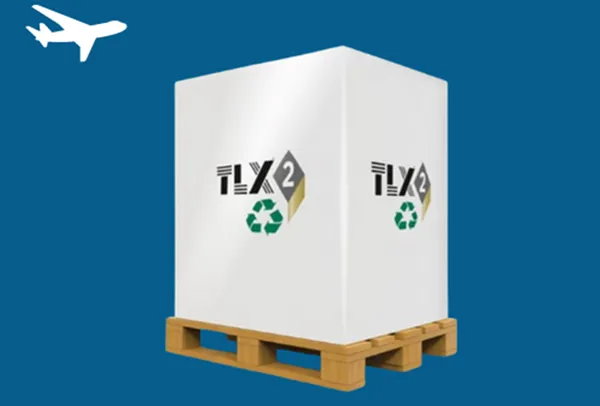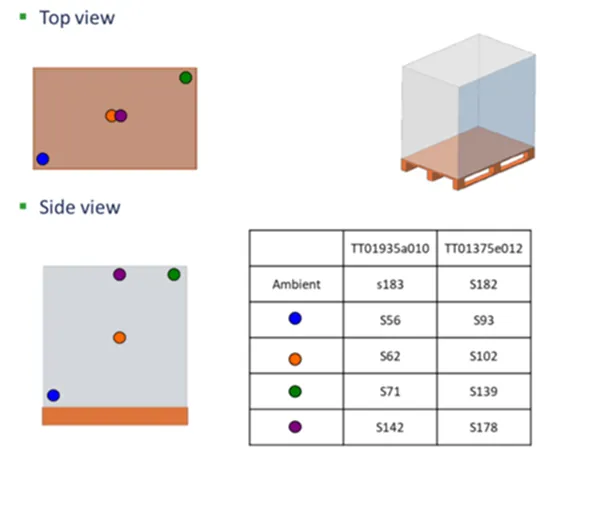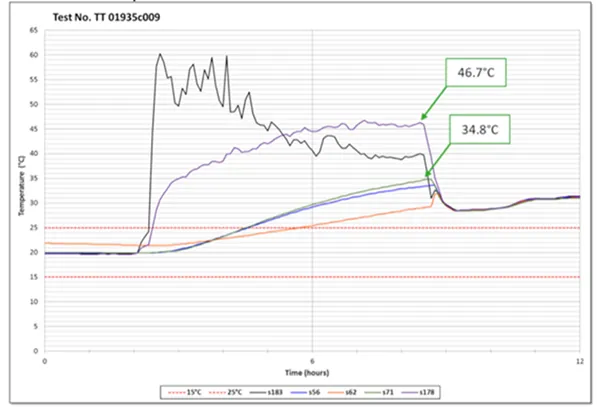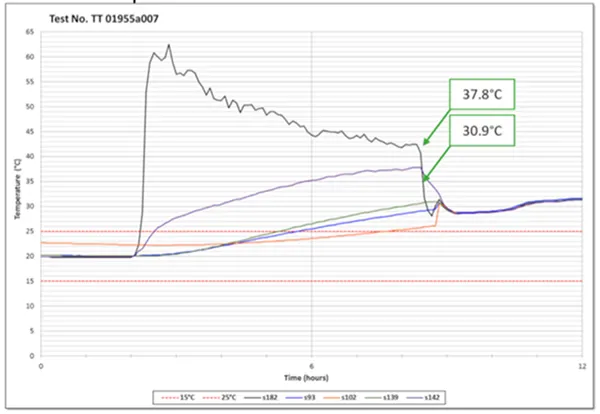The global market for soft fruits like blueberries, raspberries, and strawberries, has expanded rapidly in recent years. In the Netherlands, soft fruit consumption has increased, and many people in the United States also eat blueberries. Fresh, as well as frozen, soft fruit, is becoming more popular. Supermarkets pay more attention to these kinds of fruit, which are becoming more readily available.
The Netherlands, too, exports soft fruit. "Transporting them is challenging - soft fruit is delicate and sensitive to temperature fluctuations. So, it's vital to get these products to end customers in good condition. Cargo covers, often used in the air transport of valuable food products, contribute to optimally preserving soft fruit quality," explains Nicole Koetze of the Dutch company, Praxas.
What are cargo covers used for?
"Clients generally have a clear use for cargo covers to protect delicate products and prevent losses during flights. You must do this in a way that these goods arrive at their destination undamaged and without loss of quality. Everyone knows that external factors like temperature and humidity affect this. Air cargo is often exposed to temperature fluctuations. Tarmac (asphalt) ambient temperatures can range from hold to cold while the cargo is being prepared."
"Once loaded, the plane's hold is cold. These fluctuations play havoc with humidity. Moisture is known to damage many goods, including soft fruit. Cargo covers stop moisture formation and keep the temperature in the cover stable, thus preventing this kind of damage. The cargo cover must have breathable properties," Nicole continues.

On flights, cargo covers are often used for soft fruit. They offer protection in these ways:
- A stable climate inside the cover, so the soft fruit is not exposed to significant temperature fluctuations.
- Less insect and pest damage.
- Reduced risk of theft or loss.
Why the Praxas TLX2 cargo cover?
"Tests with the TLX2 cargo covers show the temperature range within the cover remains steady. That means the Praxas TLX2 cargo covers offer a stable climate that further reduces cargo damage risk."
 What are the characteristics of the Praxas TLX2 cargo cover?
What are the characteristics of the Praxas TLX2 cargo cover?
"Their most important characteristic is protection again strong temperature fluctuations. The cover is also recyclable, breathable, and waterproof. It's white on the outside, so it reflects sunlight, and it creates a barrier against external heat and cold," explains Koetze.
"Many people think silver covers reflect better than white ones. However, in practice, silver isn't reflective; it's gray. White is a far better reflector. Also, there's no chance of insects and other vermin penetrating the material, reducing the risk of theft or loss. Plus, it's straightforward to use."

Silver cargo cover type X's test results at a 47.6°C ambient temperature.

The Praxas TLX2 cargo cover's test results at a 47.6°C ambient temperature.
Using cargo covers reduces soft fruit waste
"Less soft fruit waste in the logistics chain positively affects company efficiency. There are no wastage or quality loss issues on several fronts. And your buyers are satisfied. All that, by investing in transport protection in the form of cargo covers. A Praxas TLX2 cargo cover often only costs a small part of a pallet's value. By using these, you reduce wastage considerably and, thus, avoid unnecessary costs," Nicole concludes.
 For more information:
For more information:
Nicole Koetze
Praxas
Tel: + 31 (0) 765 040 268
Email: info@praxas.com
